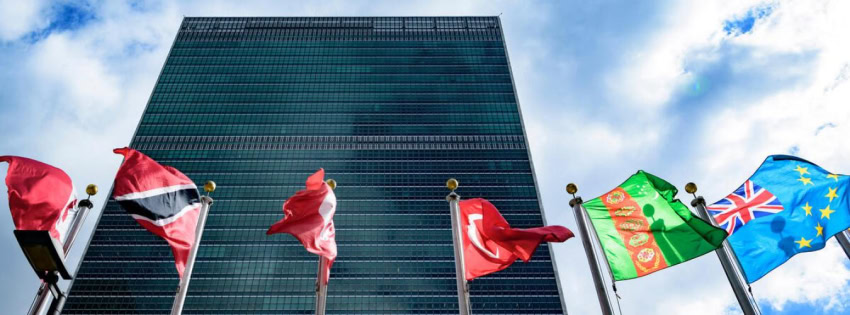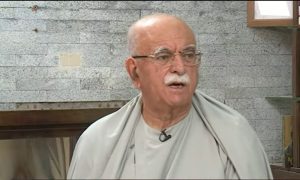Days after desecration of the Holy Quran in Sweden, the United Nations Human Rights Council (UNHRC) on Wednesday approved a resolution on religious hatred.
An Iraqi immigrant to Sweden desecrated the Holy Quran in Stockholm last month and this act of religious hatred drew a strong condemnation from several Muslim states, including Pakistan, the Organisation of Islamic Cooperation (OIC), the European Union, Pope Francis and the Swedish government.
Introduced by Pakistan on behalf of the 57-nation OIC, the resolution calls for the UN rights chief to publish a report on religious hatred and for states to review their laws and plug gaps that may “impede the prevention and prosecution of acts and advocacy of religious hatred”.
The United States and the European Union strongly opposed the resolution, saying it conflicts with their view on human rights and freedom of expression. Condemning the desecration of the Holy Quran, they argued the OIC initiative was designed to safeguard religious symbols rather than human rights.
The outcome of Wednesday’s vote marks a major defeat for Western countries at a time when the OIC has unprecedented clout in the council, the only body made up of governments to protect human rights worldwide.
Twenty-eight countries voted in favour of the resolution, 12 voted against and seven countries abstained. Representatives of some countries clapped after the resolution was passed.
Pakistani Prime Minister Shehbaz Sharif said Pakistan welcomed the adoption of the resolution.
“We are grateful to all the member countries of the UN Human Rights Council that supported the resolution moved by Pakistan on behalf of the OIC,” he stated, asserting that incidents like the desecration of the Holy Quran in Sweden could not be tolerated at all.
“All religious symbols, holy personages and Divine Books are equally sacred for followers of all faiths. Those indulging in such despicable and vile acts as the burning of the Holy Quran in the name of freedom of expression need to be called out publicly.”
PM Shehbaz added that humanity was better served by a “consensus on the resolve to safeguard our shared values of religious tolerance, pluralism and respect for all faiths”.













